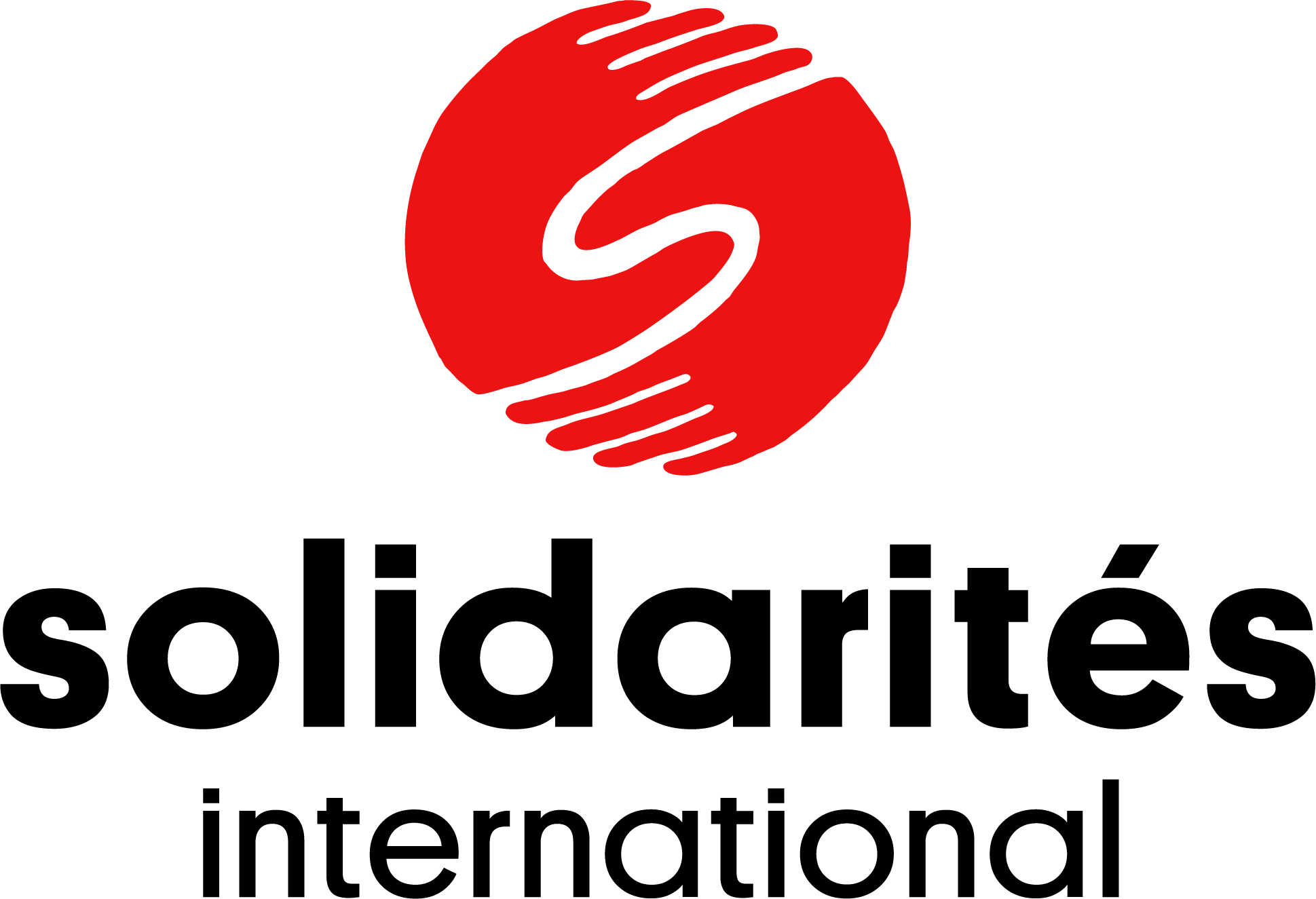List of main tasks:
Main responsibilities, based on the Global WASH Cluster Minimum Requirements for National Humanitarian WASH Coordination Platforms, which should be read in conjunction with the job description. All responsibilities will be undertaken as a member of the WSWG Coordination Team either geographically or through deliverable thematic interventions such as infrastructure, Camps, settlements or collective centers as required.
Supporting Service Delivery
- Facilitating coordination efforts between WASH actors active in NES with a particular attention to the inclusion of local authorities and civil society (CSO, CBO, LNGO)
- Maintain partner and coverage data base to identify and project future gaps as assigned to the position under the responsible thematic intervention area
- Supporting the establishment/maintenance of appropriate WSWG coordination tools and mechanisms (4W, information sharing, Online Response Platform, assessments, meetings physical and online)
- Acting as a focal point for inquiries on the WASH sector, including response plans, identification/filling of gaps for local authorities and civil society (CSO, CBO, LNGO, local councils)
- Working with the IMO to ensure compliance with WASH partner monthly 4W submissions and the Online Response Platform and ensuring WASH partner data is anonymised
- Actively contributing to needs assessment and analysis and supporting the development of standard assessment formats for use within the sector
- Able to simultaneously support the coordination needs of a range of different WASH beneficiaries (camps, host communities, water stations/infrastructure) as well as different response contexts e.g. disease outbreaks, population displacements and any threat to the continuity of WASH service delivery
Informing the NES NGO Forum’s Strategic Decision Making
- Supporting the WSWG IMO in upcoming assessments related to highlighting needs, gaps and required WASH responses
- Supporting the drawing of lessons learned from past activities and revising strategies and WASH response plans accordingly
- Contributing to the WSWG Team’s context analysis of humanitarian WASH needs on the ground
- Ensuring the WASH needs and responses are always included in the NES Forum’s analysis and plans
Planning and Implementing WSWG Strategies
- Being a key part of rolling out the WSWG workplan, especially at the operational field level
- Giving support to the annual HNO/HRP or ad-hoc funding calls process and their implementation in the different types of work (camps, host communities, water stations/infrastructure)
- Contributing, were appropriate, to developing indicators in order to assess and monitor the impact of WASH programs and to adjust them where needed
Monitoring and Evaluation of WSWG Performance
- Contributing to and supporting this process
- Ensuring NES standards are maintained throughout response implementation, including site monitoring visits.
Building National Capacity in Preparedness and Contingency Planning
- Conducting technical training in local language when required
- Developing/upgrading/translating guidelines for the sector in close collaboration and consultation with all the relevant stakeholders
- Building capacity of local councils and governance structures in NES
- Contributing to preparedness and contingency planning, given the range of scenarios that could unfold in NES over the coming months.
Supporting Robust Advocacy
- Supporting the coordination team in Identifying key operational and/or contextual issues negatively affecting the WASH response in NES and support appropriate and timely advocacy actions.
Accountability to Affected Populations
- Strengthening WSWG partner’s engagement with local and district councils
- Support the development of accountability guidelines within the NES WWG
Reporting
- Generating activity reports as required
- Liaise with partners to consolidate reporting information
- Support to the WWG IM in the generation of data tracking and reporting
- Provision of written meeting minutes as directed
